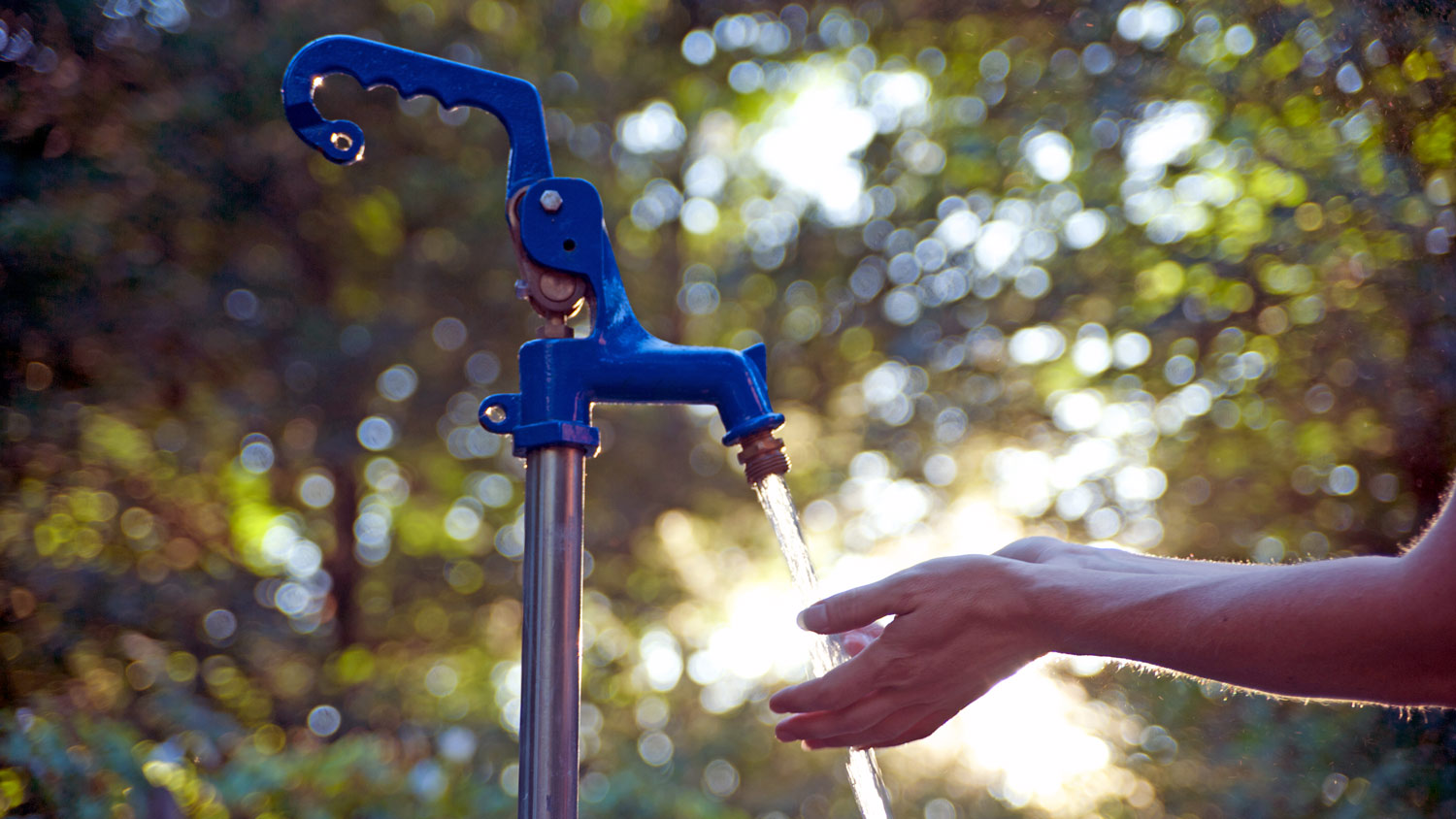
Discover how much well water treatment systems cost, including installation, maintenance, and tips to save. Get expert insights to plan your water system project.
The average water treatment system cost is $2,273, with most homeowners spending between $1,129 and $3,539. System type, size, and materials are the main cost factors.


Water treatment system costs vary by system type and home size.
Whole-house systems start at $1,500, while more affordable options, like under-sink models, start at $150.
Professional installation costs $45 to $200 per hour and ensures safety and system longevity.
Filter or media replacements are recommended every three to 12 months, costing $20 to $200 per filter.
This article was created using automation technology and thoroughly fact-checked and edited by an Angi Editor in accordance with our AI policy.
An average water treatment system costs $2,273, with an average range from $1,129 to $3,539 depending on system type, size, and installation complexity. Homeowners may pay as little as $200 for basic under-sink filters or over $6,000 for advanced whole-house systems.
Clean, safe water is essential for every home, and investing in a water treatment system can improve your water quality, protect appliances, and support your family’s health. In this guide, we’ll break down what impacts water treatment system cost and what you should expect before starting your project.
Understanding what drives water treatment system costs helps you make informed decisions. Let’s explore the main factors that impact your budget.
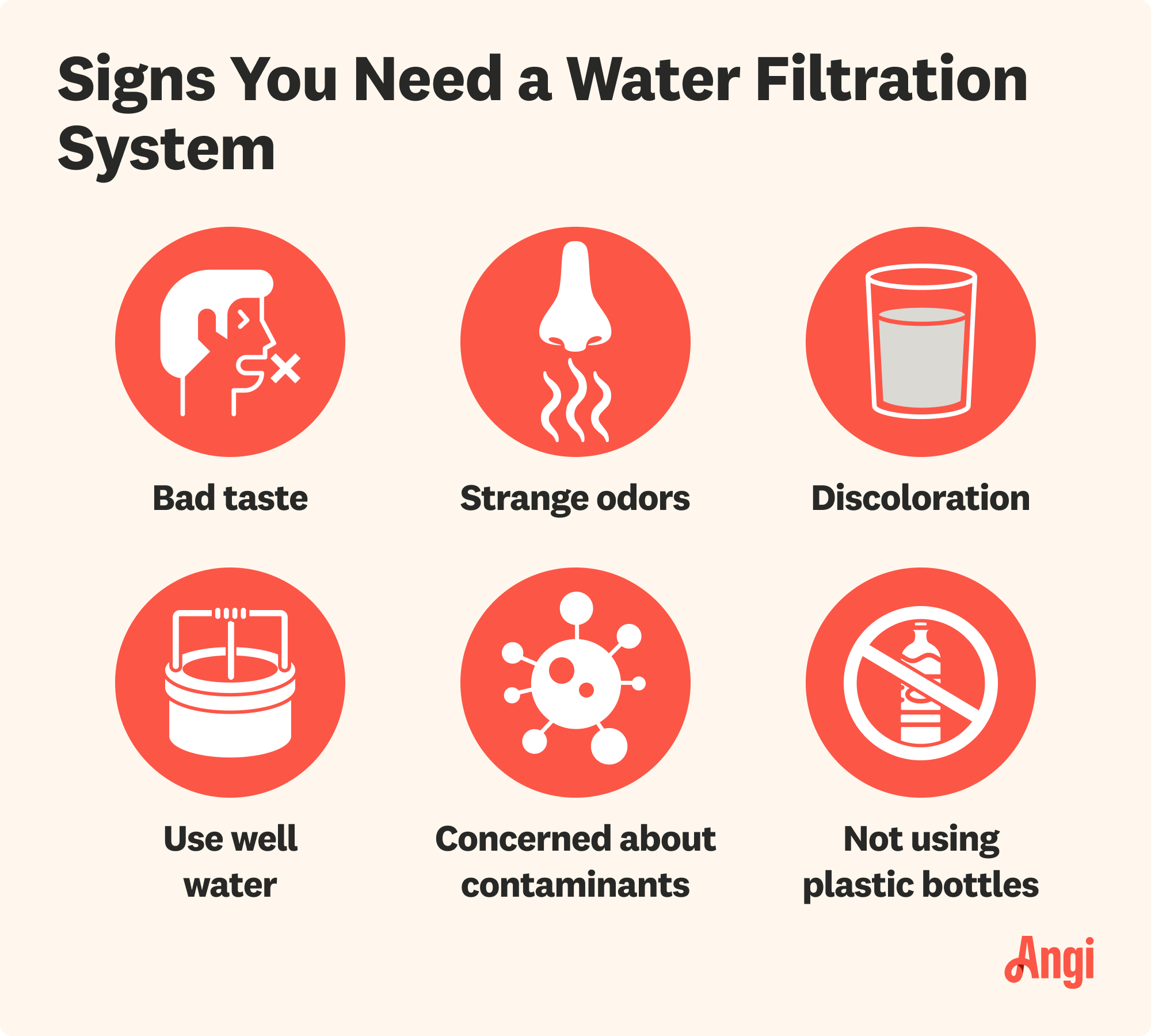
There are several types of water treatment systems, each designed for specific purposes and budgets. Under-sink filters and faucet-mounted systems are affordable solutions for drinking water, while whole-house systems treat all water entering your home. Reverse osmosis, UV purification, water softeners, and combination systems offer specialized filtration for different water issues.
The type you choose significantly affects your total water treatment system cost. Point-of-use systems like under-sink or countertop models are best for drinking and cooking water. Whole-house systems address all water uses, including bathing and laundry, but require more complex installation and higher upfront costs.
| System Type | Average Cost | Best For |
|---|---|---|
| Under-sink filter | $150–$600 | Drinking and cooking water |
| Countertop filter | $100–$400 | Drinking water |
| Faucet-mounted | $40–$150 | Drinking water |
| Whole-house system | $1,500–$10,000 | All household water |
| Reverse osmosis | $300–$2,500 | Drinking/cooking, some whole-house |
| UV purification | $500–$2,000 | Disinfection, whole-house or point-of-use |
| Water softener | $700–$3,000 | Whole-house, hard water |
| Combination system | $2,000–$6,000 | Comprehensive filtration |
A home filtration system and water softener can greatly improve the quality and safety of your water at a relatively low cost. Compared with purchasing bottled water for drinking and cooking, replacing expensive appliances, and time spent cleaning showers and bathrooms, water filtration and softening equipment can be very cost-effective.
System size refers to capacity, flow rate, and the number of users it supports. Larger homes or those with higher water usage need systems with greater capacity, which increases your water treatment system cost. Single-faucet or apartment units are less expensive, while systems for large households or multi-story homes cost more due to higher flow rates and larger tanks.
| System Size | Average Cost |
|---|---|
| Small (1–2 users) | $300–$1,000 |
| Medium (3–5 users) | $1,000–$3,000 |
| Large (6+ users) | $2,500–$6,000 |
The materials used in a water treatment system, such as filter media, housing, tanks, and valves, play a major role in cost and longevity. Plastic components are budget-friendly but may require more frequent replacement. Stainless steel, composite, and specialty materials cost more upfront but offer better durability and longer service life.
| Material Type | Pros/Cons | Cost Impact |
|---|---|---|
| Plastic | Affordable, lightweight, less durable | Low |
| Stainless steel | Durable, corrosion-resistant, higher cost | High |
| Composite | Good balance of cost and strength | Moderate |
| Specialty media | Enhanced filtration, increased lifespan | Moderate–high |
Water treatment system installation is typically handled by licensed plumbers or water treatment specialists. Labor fees depend on system complexity, installation time, and local market rates. Plumbers charge $45 to $200 per hour, with basic systems taking one to two hours and whole-house systems requiring four to eight hours or more. Complex installations, hard-to-access plumbing, or older homes can increase labor costs.
Labor rates also vary by region, with urban areas or locations with a high cost of living commanding higher prices. Always ask for detailed quotes and verify installer credentials before starting your project.
Proper preparation is crucial for a successful installation. Prep costs may include water quality testing (costing $50 to $200), plumbing modifications, minor electrical work, and ensuring the installation site is accessible. Some homes require pre-installation inspections or permits, especially for whole-house systems.
If you’re replacing an old water treatment system, factor in removal and disposal fees, which can range from $50 to $200. Additional prep, such as creating space for new equipment or updating plumbing, may further increase your total water treatment system cost.
Tipping water treatment system installers is not required, but it is appreciated for excellent service. Industry standards suggest tipping $20 to $50 per installer for complex or lengthy jobs. Alternatively, a positive online review or personal recommendation is a meaningful way to show appreciation. Tip amounts can vary based on job size, difficulty, and your satisfaction with the work.
Several other considerations may add to your water treatment system cost:
Demolition or removal of old plumbing or systems.
Post-installation cleanup and disposal fees.
Permit fees required by your municipality.
Foundation or structural modifications for large or heavy systems.
Framing, finishing, or custom enclosures for system housing.
Integration with existing plumbing or smart home automation.
Decorative upgrades, such as designer faucets or remote monitoring panels.
Upgrades for advanced filtration, water quality monitoring, or specialty features.
These additional costs can range from minor expenses to several hundred dollars, so it’s best to get a comprehensive estimate upfront.
When budgeting for your water treatment system, remember to consider ongoing costs beyond the initial installation.
Routine maintenance is essential to keep your system working efficiently. Most systems require filter or media replacements every three to 12 months, costing $20 to $200 per filter depending on system type. Whole-house systems often have higher annual maintenance costs, ranging from $150 to $500 per year, while point-of-use filters are less expensive to maintain.
Professional maintenance service is optional, but it can add $100 to $300 annually for inspection and upkeep. Regular cleaning and system checks help extend the lifespan of your investment.
Some water treatment systems use electricity (like UV and reverse osmosis units) or require consumables (such as salt for water softeners or replacement UV bulbs). Monthly operating costs for electricity range from $2 to $10, while salt or consumables can add $5 to $20 monthly.
Reverse osmosis systems waste some water during operation, potentially increasing your water bill. Consider both utility and consumable costs when selecting your system.
Common repairs include fixing leaks, replacing valves or pumps, and addressing control panel issues. Repair costs range from $75 to $400, depending on the system and part needed. Major components, such as tanks or membranes, may need replacement every seven to 15 years, with costs from $200 to $1,000.
Keeping up with regular maintenance helps minimize the need for unexpected repairs and extends the life of your system.
Water treatment systems are not always covered by standard homeowners' insurance. Check your policy for specifics, especially regarding damage from leaks or malfunctions. Some manufacturers and installers offer extended warranties or service plans for an additional $100 to $500, which can help protect your investment and cover repair costs beyond the standard warranty period.
The main difference between soft water and hard water is the mineral content. Hard water has higher levels of calcium and magnesium, whereas soft water has undergone a process to remove these minerals.
Deciding between DIY installation and hiring a professional affects both the upfront and long-term water treatment system costs. DIY installation can save you labor fees, but you may need to purchase specialized tools and invest significant time learning the process.
Tasks like installing faucet-mounted or basic under-sink filters are manageable for handy homeowners. However, whole-house systems, reverse osmosis systems, or anything requiring plumbing modifications are best left to professionals to avoid leaks, voided warranties, or water damage.
DIY projects require careful attention to detail and safety, and improper installation can lead to costly repairs. While you might save $200 to $1,000 on labor, there’s a risk of higher costs if the system isn’t installed correctly. For complex projects, we recommend hiring a pro to ensure your system works safely and efficiently.
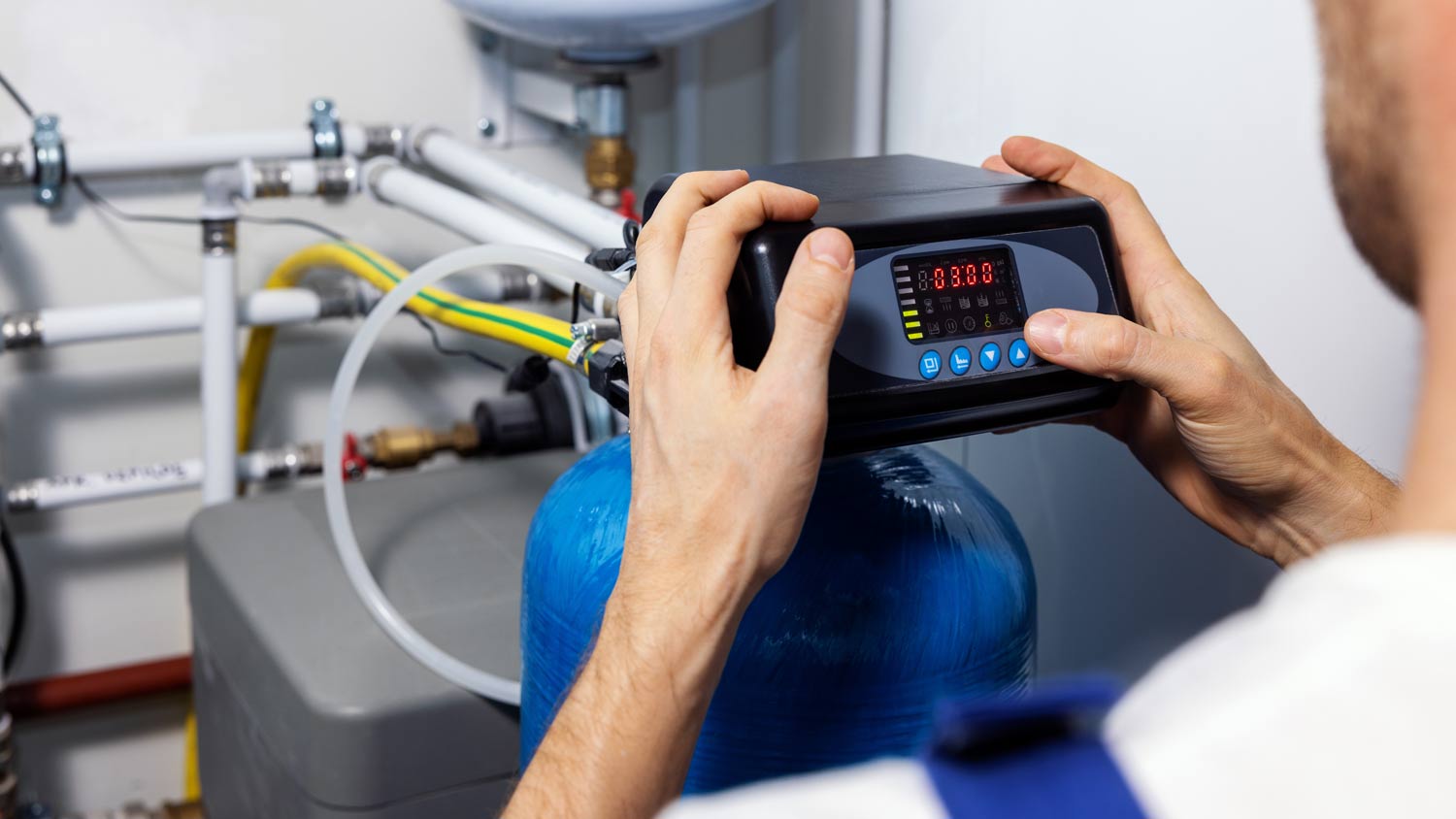
Many homeowners choose to enhance their water treatment system with add-ons for extra functionality or convenience. Here are some popular options and their average costs:
Water quality monitoring devices: $150 to $600
Additional filtration stages (fluoride, heavy metals): $100 to $600 per stage
Bypass valves or shut-off systems: $75 to $250
Designer or specialty faucets: $100 to $400
Remote monitoring or smart home integration: $200 to $800
Replacement filter packs or extended warranties: $50 to $500
Pre-filtration or sediment filters (for well water): $100 to $400
Installation of water softeners alongside filtration: $1,000 to $2,500
These add-ons can be bundled with your initial installation or added later, depending on your needs and budget.
Consider these cost-saving strategies to make your water treatment system project more budget-friendly:
Compare multiple quotes from certified local water treatment system installers.
Choose the right system size for your household's needs.
Opt for systems with lower ongoing maintenance costs.
Bundle installation with other plumbing upgrades.
Perform simple maintenance tasks yourself.
Take advantage of manufacturer rebates or seasonal promotions.
Select durable materials to reduce long-term replacement costs.
Consider financing or payment plans for larger systems.
Home is the most important place on earth, which is why Angi has helped more than 150 million homeowners transform their houses into homes they adore. To help homeowners with their next project, Angi provides readers with the most accurate cost data and upholds strict editorial standards. We extensively research project costs to develop the pricing data you see, so you can make the best decisions for you and your home. We rely on reputable sources, including the U.S. Bureau of Labor Statistics, academic journals, market studies, and interviews with industry experts—all to ensure our prices reflect real-world projects.
Want to help us improve our cost data? Send us a recent project quote to [email protected]. Quotes and personal information will not be shared publicly.
From average costs to expert advice, get all the answers you need to get your job done.

Discover how much well water treatment systems cost, including installation, maintenance, and tips to save. Get expert insights to plan your water system project.
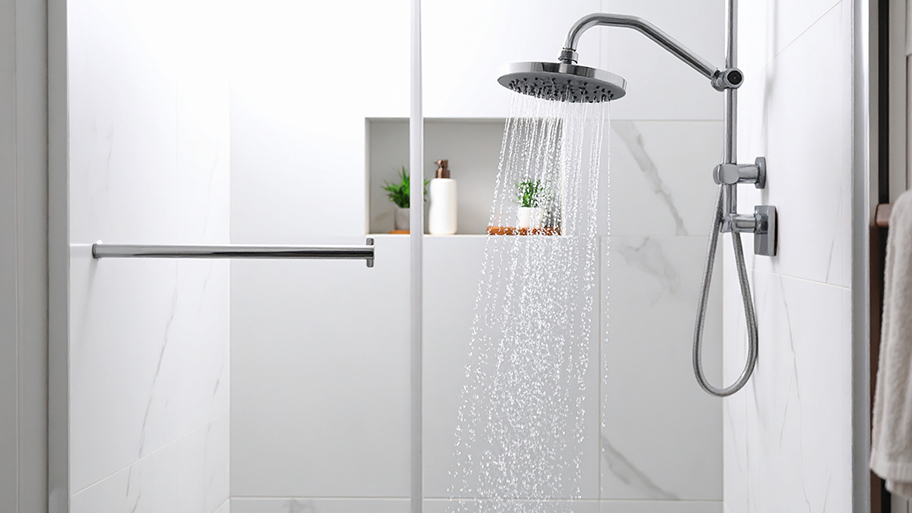
Water softener repair costs can add up, but they’re almost always worthwhile. Use this guide to see what your project is going to cost before you get started.
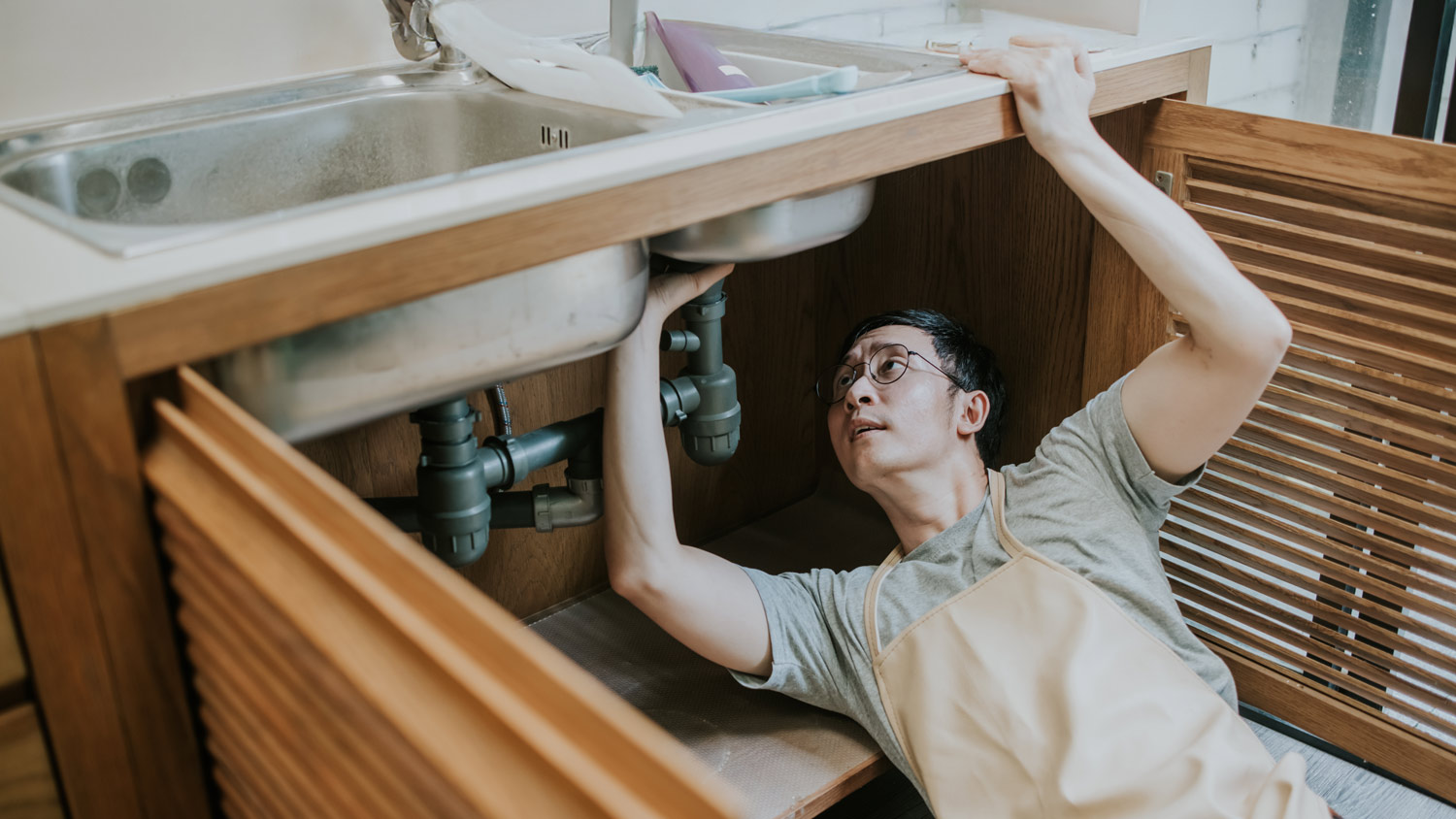
Your cost to install an under-sink water filter will depend on the type and size of system you choose and whether you need professional installation.
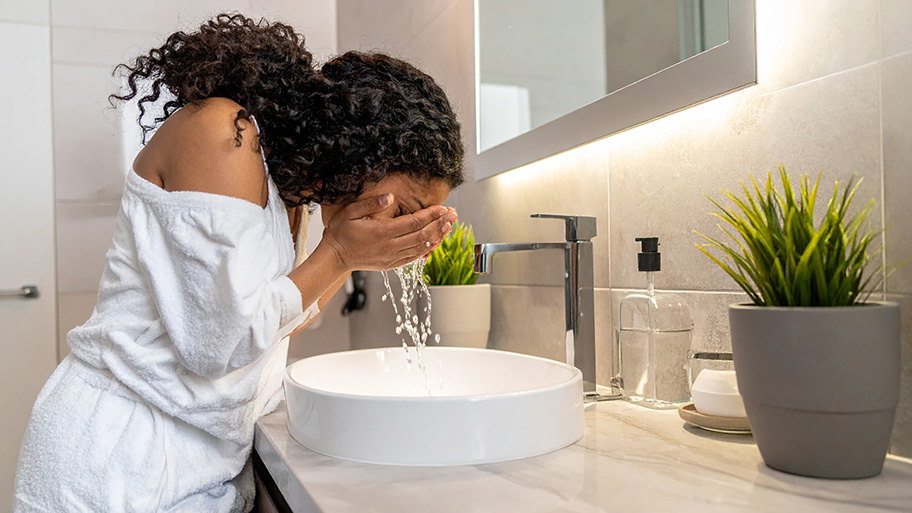
There are many pros and cons of salt-free water softeners that could impact your decision to buy one. Stay tuned to learn more about salt-free water softeners.

Water softeners can face several problems during their life spans, including blockages, timer problems, and more. Read on to learn about water softener problems.

Considering reverse osmosis versus carbon water filtration for your home? Carbon filters can remove some impurities, but RO removes a lot more.